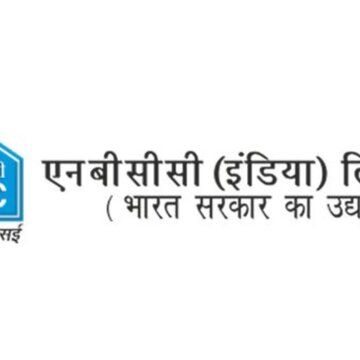India’s lenders could prevent most loan defaults if they intervene early, according to a new survey by financial empowerment platform Zavo. The study found that while nine out of ten borrowers repay delayed EMIs within 90 days, lenders lose up to 70% of recoverable dues when they act too late.
The nationwide survey, which covered 2.2 lakh EMI payers, revealed that nearly 90–95% of borrowers clear pending instalments when offered timely, structured support. Such interventions, Zavo said, not only reduce losses but also improve borrower retention by up to 85%, saving lenders nearly ₹3,200 per case.
“We can continue treating defaults as moral failures to be punished or start treating them as human crises to be prevented,” said Kundan Shahi, Founder of Zavo. “By offering need-specific interventions from temporary restructuring during medical emergencies to cash-flow-aligned repayment plans institutions can preserve trust while protecting their own balance sheets,” he added.
Distress, not defiance, behind most defaults
The report attributes 34% of all defaults to survival-level crises. Medical emergencies (18%) and job or income loss (16%) were identified as the top triggers. The study shows Maslow’s hierarchy of needs, stating that when survival is at risk, borrowers naturally prioritise food, rent and medicine over EMIs.
Other causes include high interest costs, business losses, family obligations and poor financial planning which are the factors that point to temporary liquidity issues rather than willful non-payment.
Is this a call for smarter systems?
The survey notes a clear generational shift in repayment habits. Younger borrowers, especially Gen Z and first-time credit users, are more familiar with flexible credit products like credit cards that promote minimum-due payments and rollovers. This, Zavo says, has reshaped expectations around repayment timelines.
To adapt, lenders need new credit frameworks that encourage flexible payment structures and pre-default assistance programmes—without weakening financial discipline.
Zavo’s report recommends early distress detection systems that monitor warning signs such as partial payments, delayed EMIs, rising credit use, and frequent customer-support calls. According to the study, early intervention offers a 4× return on investment, making borrower engagement both “compassionate and commercially inevitable.”











